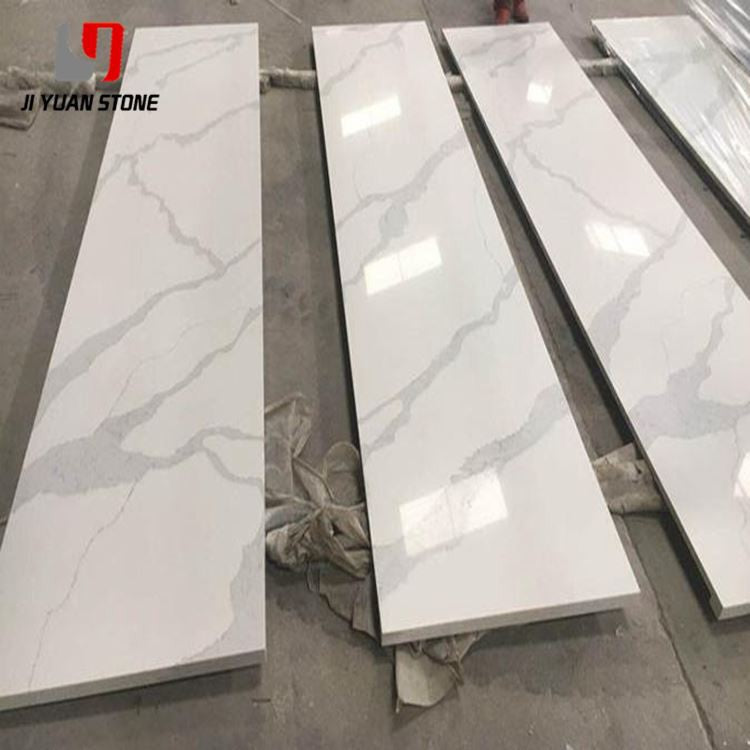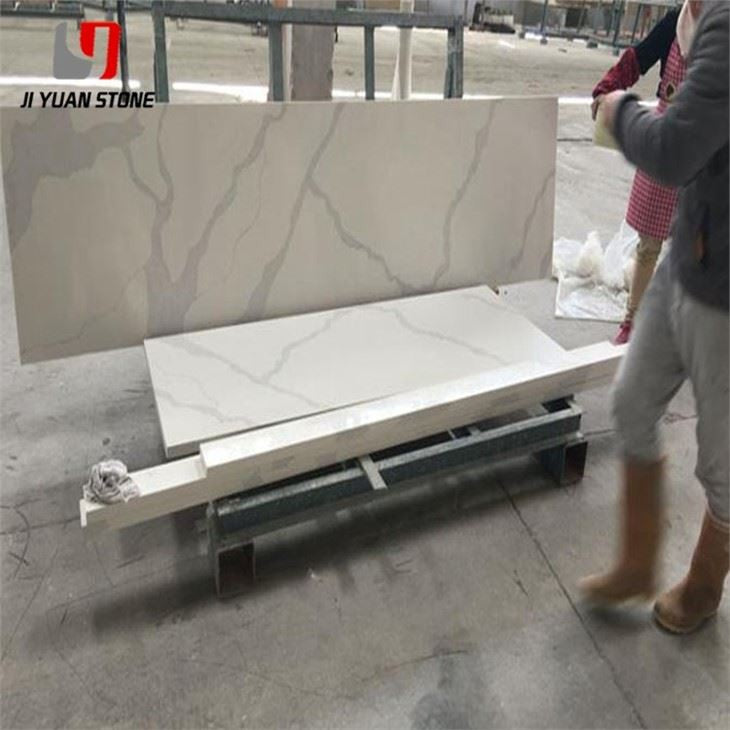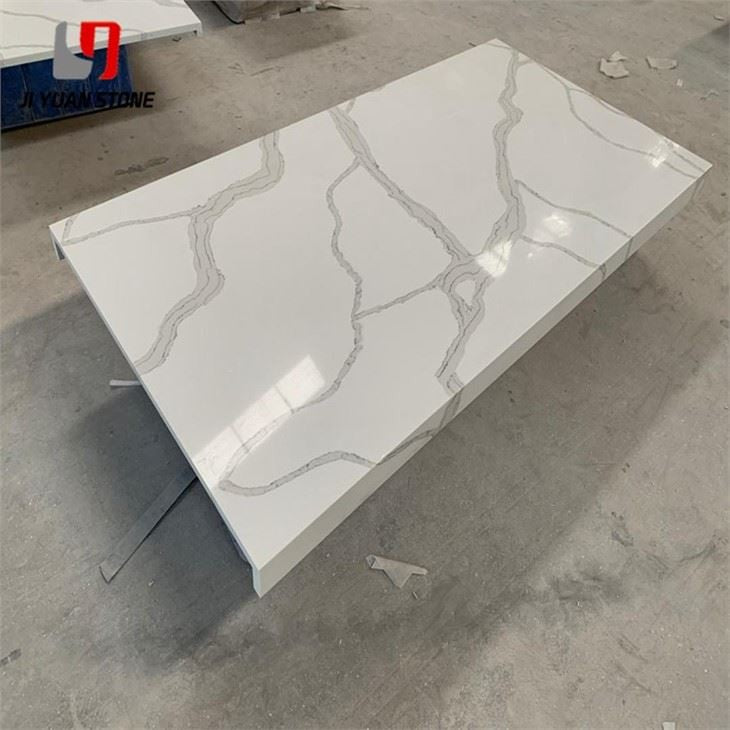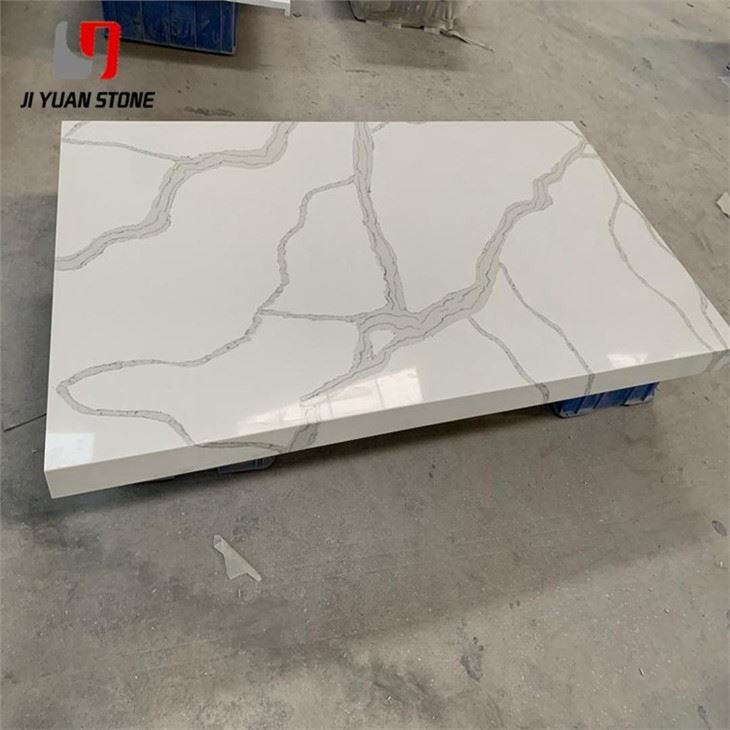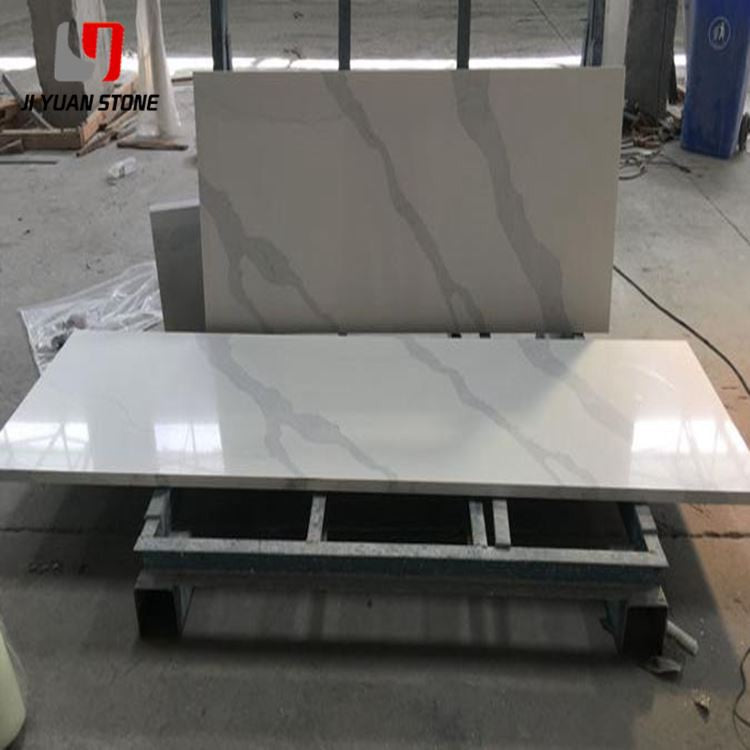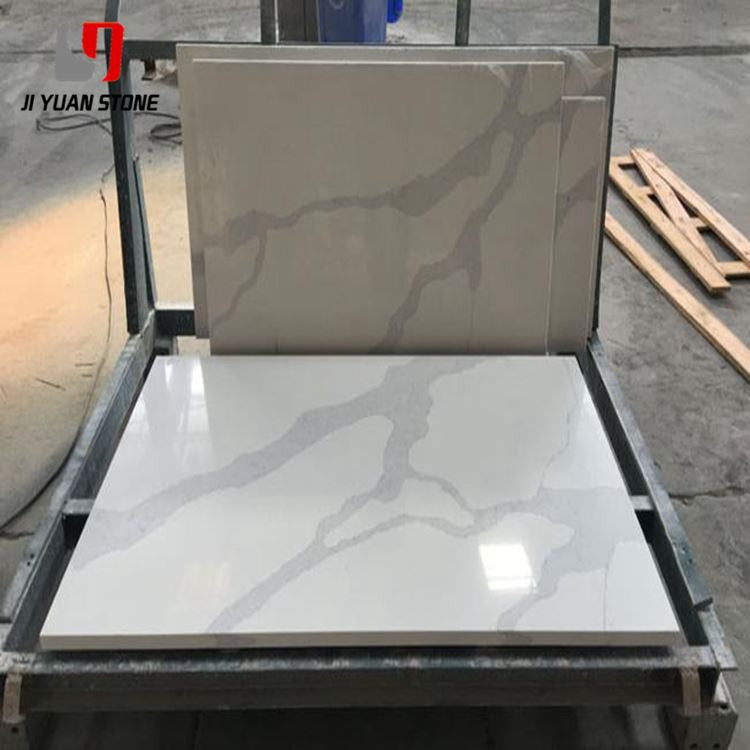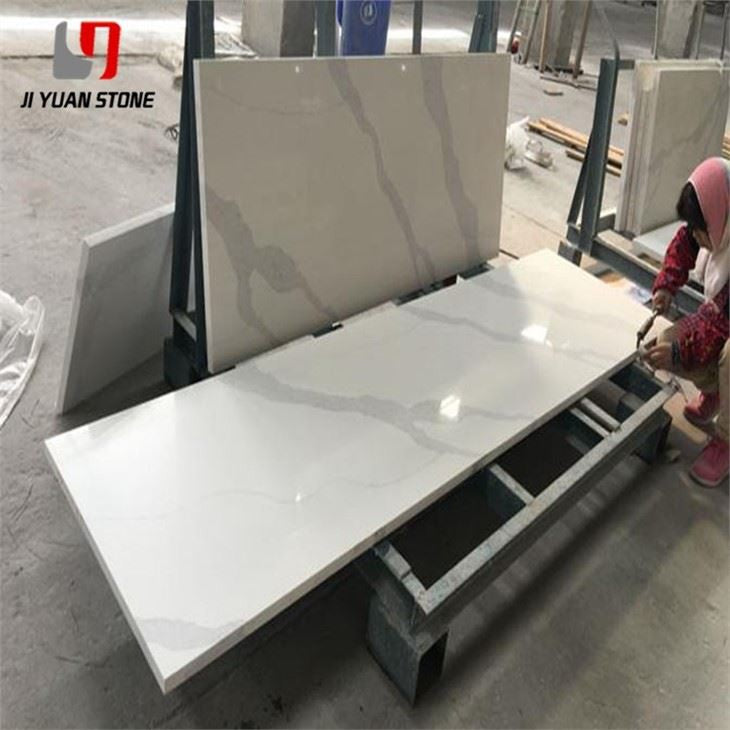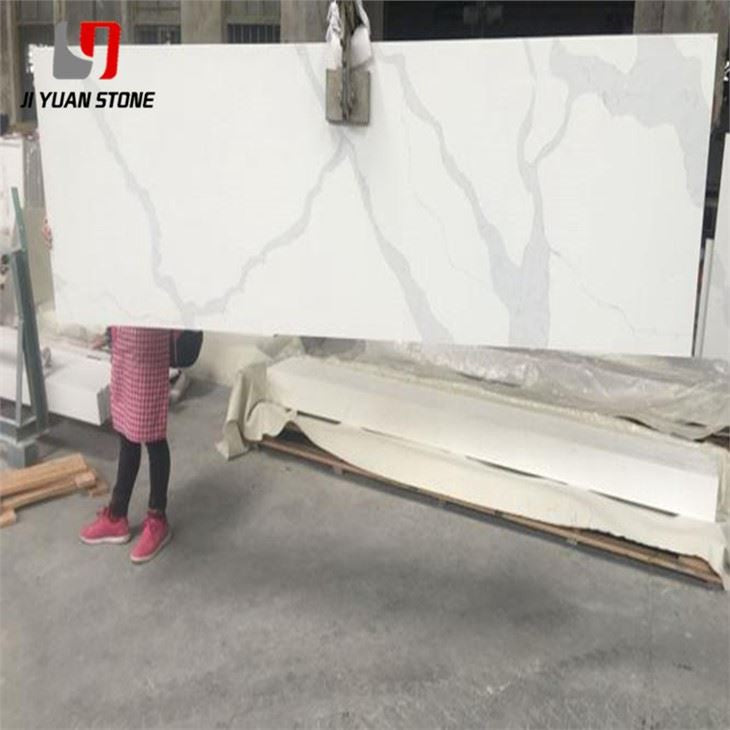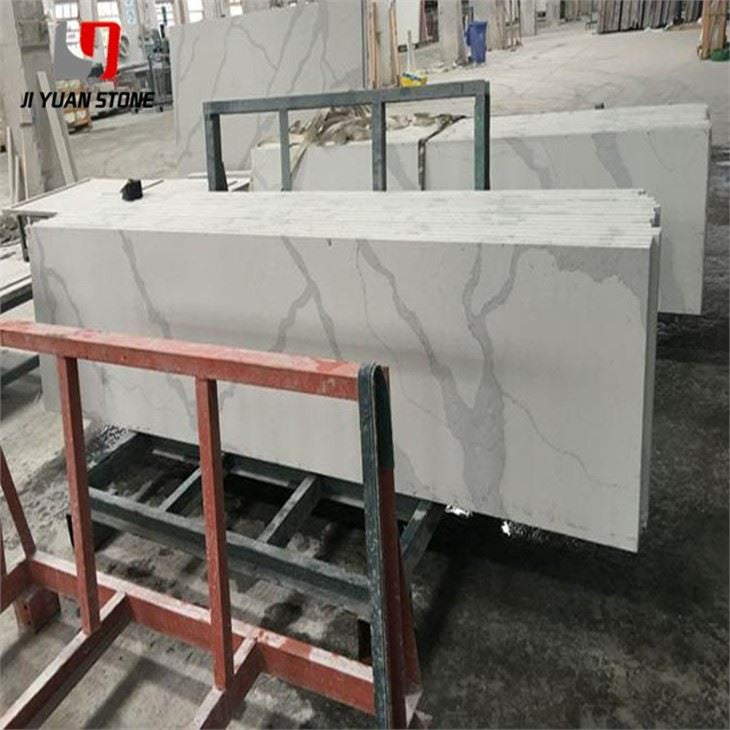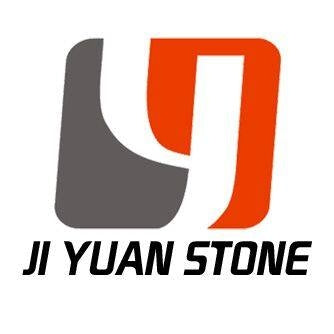Quartz Stone Kitchen Top
Quartz Stone Kitchen Top
Quartz Stone Kitchen Countertops – A Smart Upgrade Over Traditional Marble
Constructed using durable Quartz Stone, this Kitchen Top offers both strength and style. With its natural resistance to scratches and stains, it provides a long-lasting and low-maintenance solution for your kitchen. Upgrade your space with this elegant and functional addition.
| Size | Common Slab: 3600×1800mm ( 142'' × 71'' ); 3200×1600mm ( 126'' × 63'' ); 3000×1500mm ( 118'' × 59'' ); 3000×1400mm ( 118'' × 55'' ). Custom Slab: The size of slabs can be custom-made for a commercial projects. Thickness: 6mm, 12mm, 15mm, 18mm, 20mm, 30mm. Cut to Size: Cut by drawings. Other sizes as per customized request. |
| Surface |
Polished, Honed, Leathered. |
| Package Detail | 1) Slab: plastic inside + strong seaworthy wooden bundle outside 2) Tile: foam inside + strong seaworthy wooden crates with reinforced straps outside 3) Countertop: foam inside + strong seaworthy wooden crates with reinforced straps outside |
| Quality Assurance |
During the whole production process, from material choosing, fabrication to package, our quality assurance people will strictly control each single and every process to ensure quality standards and punctual delivery. |
When designing or renovating your kitchen, one of the most important decisions you'll make is choosing the right kitchen countertop material. With so many options available, it often comes down to a comparison between marble and quartz. While marble is praised for its natural elegance, quartz stone kitchen countertops have quickly become the preferred choice for modern homes due to their unbeatable performance and practicality.
Marble vs. Quartz: Which is Better for a Kitchen Countertop?
Initially, many homeowners (myself included) are drawn to the sophisticated look of marble countertops. The natural veining and luxurious appearance are undeniably appealing. However, after consulting with a decorator and learning more about the functional drawbacks of marble, my decision completely changed.
✅ Pros & Cons of Marble Countertops
✅ Pros:
- Natural Beauty: Unique veining and elegant appearance.
- Hard Material: Offers decent durability with a premium look.
❌ Cons:
- Limited Size & Visible Seams: Marble slabs are small and need to be joined, often creating unsightly seams.
- Porous & Stain-Prone: Easily absorbs oil and water, making it difficult to clean and maintain.
- High Maintenance: Requires sealing and special care to avoid damage from daily kitchen activities.
✅ Why Quartz is the Better Choice for Kitchen Countertops
Quartz stone kitchen tops are engineered using natural quartz crystals and advanced bonding technology. This combination delivers not only aesthetic appeal but also high durability, making them ideal for busy kitchen environments.
Key Benefits of Quartz Countertops:
✔ High Hardness & Durability
Quartz is made primarily of silicon dioxide, which gives it glass-like hardness. It’s resistant to scratches, chips, and daily wear.
✔ Non-Porous & Stain-Resistant
Unlike marble, quartz does not absorb liquids, so it resists stains from oil, sauces, and even wine. This feature also prevents bacteria buildup.
✔ Easy Maintenance
A simple wipe with a damp cloth is all it takes to keep your quartz countertop spotless, even after heavy cooking sessions.
✔ Heat Resistance
Quartz countertops can withstand the high temperatures often experienced in kitchens, making them suitable for hot pots and pans (though using trivets is still advised).
✔ Eco-Friendly & Non-Toxic
Made from artificially polished natural quartz, these countertops are free from harmful substances and safe for all home environments.
✅ Conclusion
While marble countertops offer natural beauty, they also bring maintenance headaches and design limitations. Quartz stone kitchen countertops, on the other hand, provide a modern solution—combining durability, stain resistance, and style with minimal upkeep.
If you're seeking a long-lasting, visually appealing, and low-maintenance surface, quartz is the ultimate kitchen countertop material. Upgrade your home with quartz and enjoy both form and function in one beautiful package.
Share
